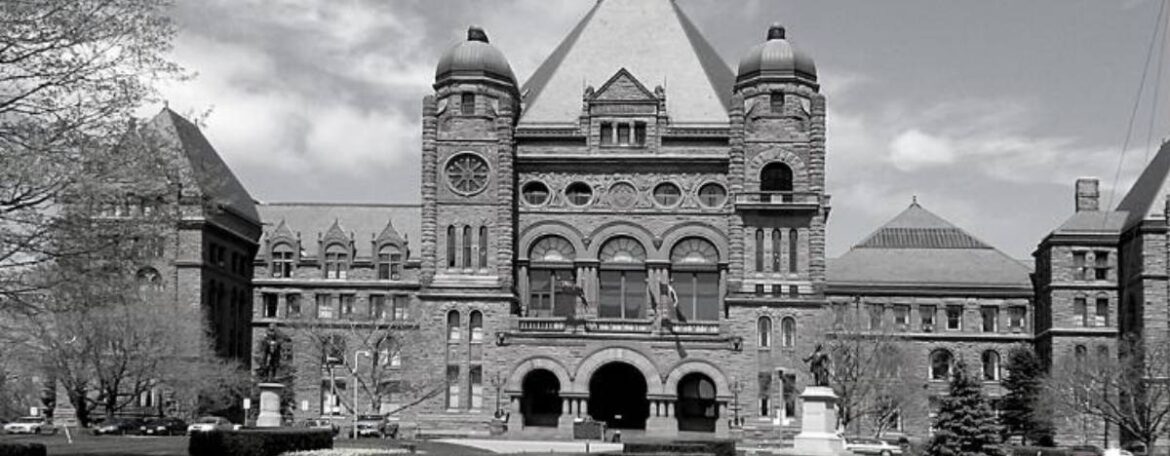A new federal statutory holiday – the National Day for Truth and Reconciliation – will be celebrated in Canada on September 30 starting this year. An Act to amend the Bills of Exchange Act, the Interpretation Act and the Canada Labour Code (National Day for Truth and Reconciliation) (the “Act”) received royal assent on June 3, 2021 and will come into force on August 3, 2021.
History of the new holiday. The introduction of this new statutory holiday comes in response to the call-to-action No. 80 of the Truth and Reconciliation Commission in order to “honour First Nations, Inuit and Métis Survivors and their families and communities and to ensure that public commemoration of their history and the legacy of residential schools remains a vital component of the reconciliation process.”
To whom does the holiday apply? The new holiday applies to federally regulated public workplaces, as well as private workplaces regulated by the Canada Labour Code (“Code”). Unfortunately, as the statutory holiday was introduced in the federal Code, it does not entitle unions under provincial legislation the additional holiday.
What has changed? The Act amends the Code to include this new statutory holiday into the definition of a “general holiday.” This means that now there are ten general holidays granted by the Code, where employees are entitled to a day off with pay. As expected, the new amendments also provide that if September 30 is a Saturday or Sunday that is a non-working day, the employees are entitled to a paid holiday on the working day immediately preceding or following the National Day for Truth and Reconciliation.
What’s the catch? Section 194 of the Code, which was not amended, stipulates that this rule does not apply if the terms of the collective agreement already entitle employees to “at least nine holidays with pay, exclusive of any annual vacation, in each year.” In other words, despite the introduced amendments, it is likely that unionized employees may not enjoy this proclaimed benefit of an additional holiday with pay, because most of the collective agreements already include nine statutory holidays.
Moreover, the employer may argue that the new provisions do not apply altogether if the collective agreement will be deemed to confer the rights and benefits “at least as favourable” as those provided by the Code.
That being said, some collective agreements have provisions which allow for additional holidays if proclaimed by an act of Parliament. As such it’s important to review your collective agreement carefully.
What should the unions do? In light of this it is important for unions, to which the Code applies, to review the terms of their collective agreements to determine how many holidays with pay they provide and assess if the employees qualify for an additional holiday with pay on the working day.
Please contact us for personalized assessment of your terms of the collective agreement and of how your union can benefit from the new statutory holiday.




